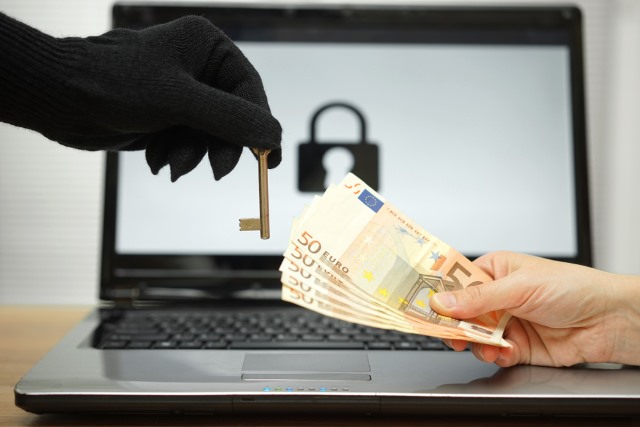
Ransomware remains profitable as 47 percent fall victim to attacks
Ransomware is one of the most successful and profitable weapons in the cyber criminal's armory, partly because it leverages an old-fashioned crime in a new digital format.
A new study by Barracuda Networks reveals that 92 percent of people surveyed are concerned about ransomware hitting their organization, and 47 percent of respondents have been a victim of ransomware themselves.
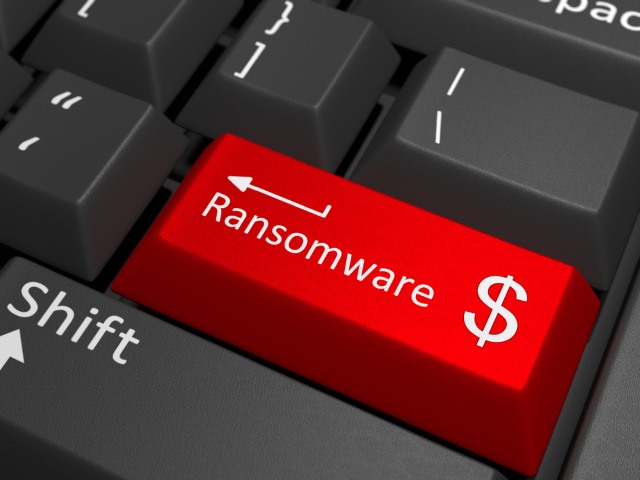
'Fatboy' ransomware uses a location-based charging model
A new ransomware-as-a-service product named 'Fatboy' has been advertised on Russian language forums. What makes it different is the way it uses a sliding scale to charge its victims.
Threat intelligence company Recorded Future has revealed that Fatboy uses the Economist's Big Mac Index -- designed to explain exchange rates -- to ensure victims in areas with a higher cost of living will be charged more to decrypt their data.
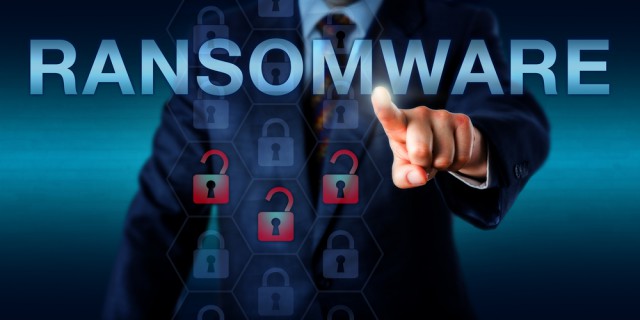
Ransomware's biggest target is the healthcare sector
Ransomware grew 50 percent in just a year, according to a new report by Verizon. The Verizon Data Breach Investigations Report (DBIR) is based on the analysis of 79,000 security incidents and 1,945 confirmed data breaches, across 79 countries.
According to the report, ransomware also grew in popularity, and by a large margin. In 2014, it was the 22nd most common malware variety. Fast-forward two years, and now it’s fifth most common.

Most Brits can't explain what ransomware is
Despite the fact that the media is constantly buzzing with stories of successful ransomware attacks, the general public in the UK is largely unaware of the threat.
Backup experts Acronis polled Brits, and in their report it says that 60 percent of respondents would not be able to explain what ransomware actually is. Sixteen percent "just heard of it," while seven percent say they could "definitely" explain what ransomware is. Fifteen percent "probably could"
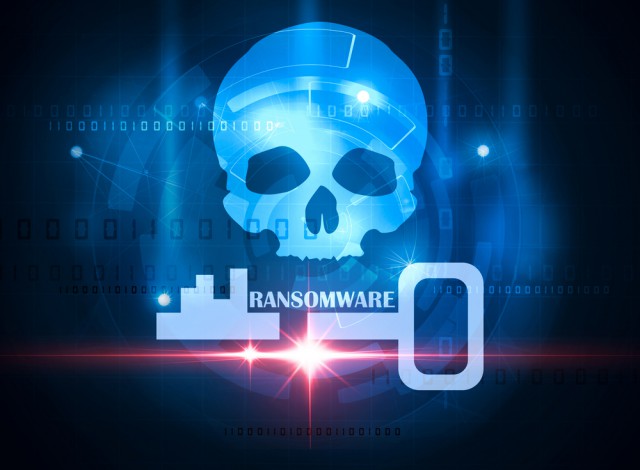
Karmen ransomware gives cyber criminals a user-friendly attack tool
Researchers at threat intelligence specialist Recorded Future have uncovered a new strain of ransomware called Karmen that’s designed for use by people with limited technical expertise.
The ransomware-as-service has been developed by Russian and German hackers and is notable for its user-friendly approach. It comes equipped with a dashboard that allows the tracking of computers infected with the virus, including the status of any ransom that’s been paid.

Debunking the three major ransomware myths
On March 14, the UK National Crime Agency and National Cyber Security Center sounded the alarm about the growing cyber threat. One of their conclusions was that ransomware represents a significant, and growing, threat to UK business. Combine this with the fact that the last 12 months has seen cyber attacks on an unprecedented scale, and you’ve got a melting pot of cyber activity right now.
These warnings come as no surprise. Ransomware use has exploded over the past year or so, particularly in the UK, simply because it is an easy way for cyber criminals to make significant amounts of money. Ransomware works, simply because many firms are forced to pay the ransom because they don’t have the defense systems in place to avoid doing so.

Wiping out ransomware after an attack? Some UK businesses not confident they can do it
A third (36 percent) of companies in the UK that have been victims of a ransomware attack are not "very confident" they managed to completely eradicate the malware from their systems, according to a new report by Citrix.
The report also shines new light on just how prevalent and dangerous ransomware attacks really are. One in three UK businesses have had more than 100 of their devices affected by ransomware recently.
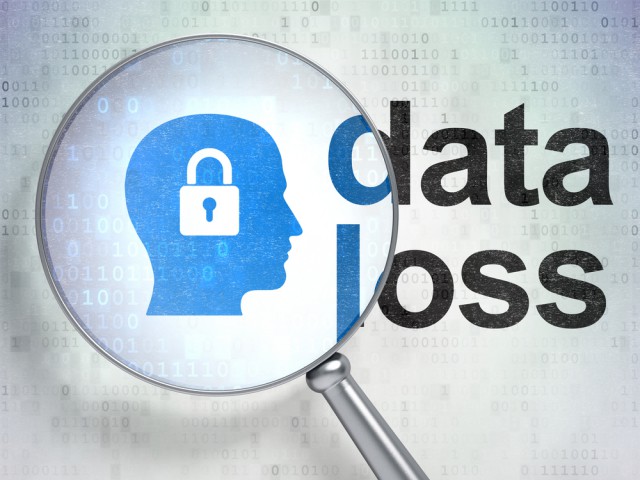
One in three ransomware victims suffer data loss
Users are generally unaware of the dangers of ransomware attacks, and that makes them mostly clueless about how to prepare for one. This is according to a new report by Acronis.
The report is based on a survey conducted in the US, UK, Australia, Germany, France and Japan. With users being as they are, ransomware was quick to become one of the most serious malware threats out there. It is expected that $5 billion will be extorted this year, alone.
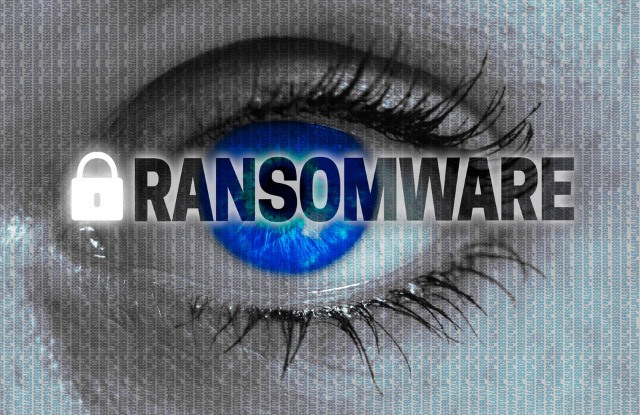
Downtime is a key cost of ransomware attacks
The cost of downtime due to lack of access to systems for customers and employees was the biggest business impact of a ransomware attack according to 59 percent of respondents to a new survey.
The study from cyber security company Imperva also shows that 32 percent of respondents say their company has been infected with ransomware with 11 percent taking longer than a week to regain access to their systems after an attack.
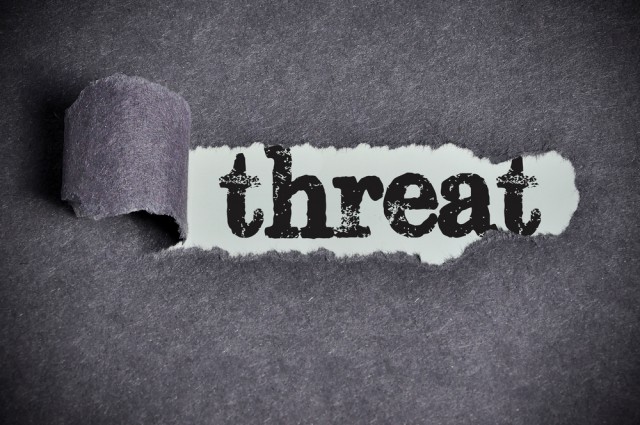
Malware hidden deeper in installer packages to evade detection
Microsoft's Malware Protection Center has identified a new wave of NSIS (Nullsoft Scriptable Install System) installers that seek to evade detection by burying malware deeper in the code.
The changes have been seen in installers that drop ransomware like Cerber, Locky, and others. The installers try to look as normal as possible by incorporating non-malicious components that usually appear in legitimate installers.

Traditional endpoint protection ineffective in fighting ransomware
Ransomware continues to be the most lucrative business model for cyber crime, and a new study indicates that existing endpoint protection methods may not be enough to guard against it.
The survey from security awareness training organization KnowBe4 questioned more than 500 organizations about the current state of their ransomware protection, whether they were a victim of ransomware, the impact of a successful breach and their remediation tactics.

Lessons learned from a ransomware infection
Since October, Datto has been conducting testing designed to quickly detect ransomware in backup data sets. Here’s why: it has become a major threat to individuals and businesses over the past few years, and the cyber extortionists behind these attacks operate with increasing sophistication. SMBs can be particularly vulnerable to attacks and are more likely to pay a ransom to get their data back than large businesses.
In many cases, these attacks are conducted by large criminal organizations using wide-reaching botnets to spread malware via phishing campaigns. Victims are tricked into downloading an e-mail attachment or clicking a link using some form of social engineering. Fake email messages might appear to be a note from a friend or colleague asking a user to check out an attached file. Or, email might come from a trusted institution (such as a bank) asking you to perform a routine task. Sometimes, ransomware uses scare tactics such as claiming that the computer has been used for illegal activities to coerce victims. When the malware is executed, it encrypts files and demands a ransom to unlock them.
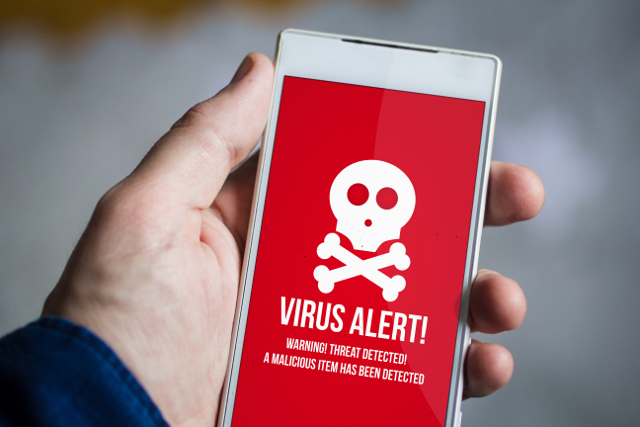
Your Samsung, LG, Xiaomi, or other Android smartphone could be pre-loaded with malware
Despite being based on the very secure Linux kernel, Android isn't necessarily a very secure operating system. Unlike iOS which does a great job of shielding its users from installing apps from outside Apple's own App Store, it is far too easy to do so on Google's mobile OS. Also, there is nothing requiring manufacturers to issue device updates, meaning many users are forced to use outdated and vulnerable versions of the operating system.
For the most part, however, Android users can remain safe by acting intelligently, such as only installing apps from the Play Store. Well, that might not be so true anymore. You see, it has been discovered that many models of Android smartphones -- from manufacturers such as Samsung, LG, and even Google's own Nexus line -- are being sold with malware pre-installed. This is particularly bad malware, as it can steal user information. Some devices even came pre-loaded with ransomware!
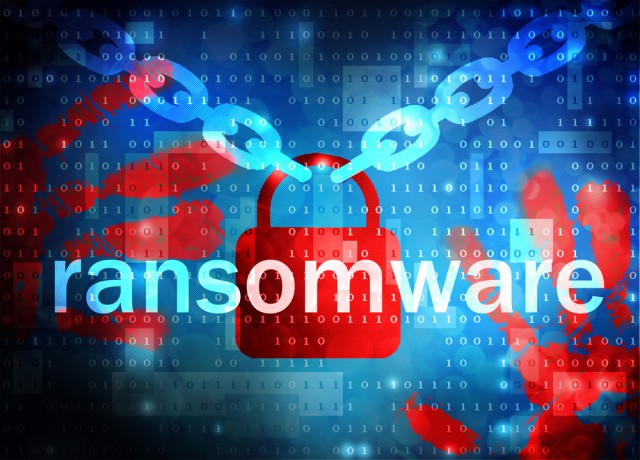
Over 60 percent of organizations hit by ransomware in 2016
Ransomware continues to be a major problem, a new report reveals that more than 60 percent of organizations suffered some form of ransomware attack in 2016.
The good news is that 54 percent successfully retrieved their data without resorting to paying the ransom. These are among the findings of the fourth-annual Cyberthreat Defense Report from security research firm CyberEdge Group.

Is ransomware in decline or just evolving?
According to a new report from the Microsoft Malware Protection Center, the volume of ransomware being encountered is reducing.
Data from Windows Defender Antivirus shows that after peaking in August, when 385,000 encounters were registered, ransomware encounters dropped almost 50 percent in September, and have continued to decline. But this doesn't mean we’re seeing the end of the menace.
